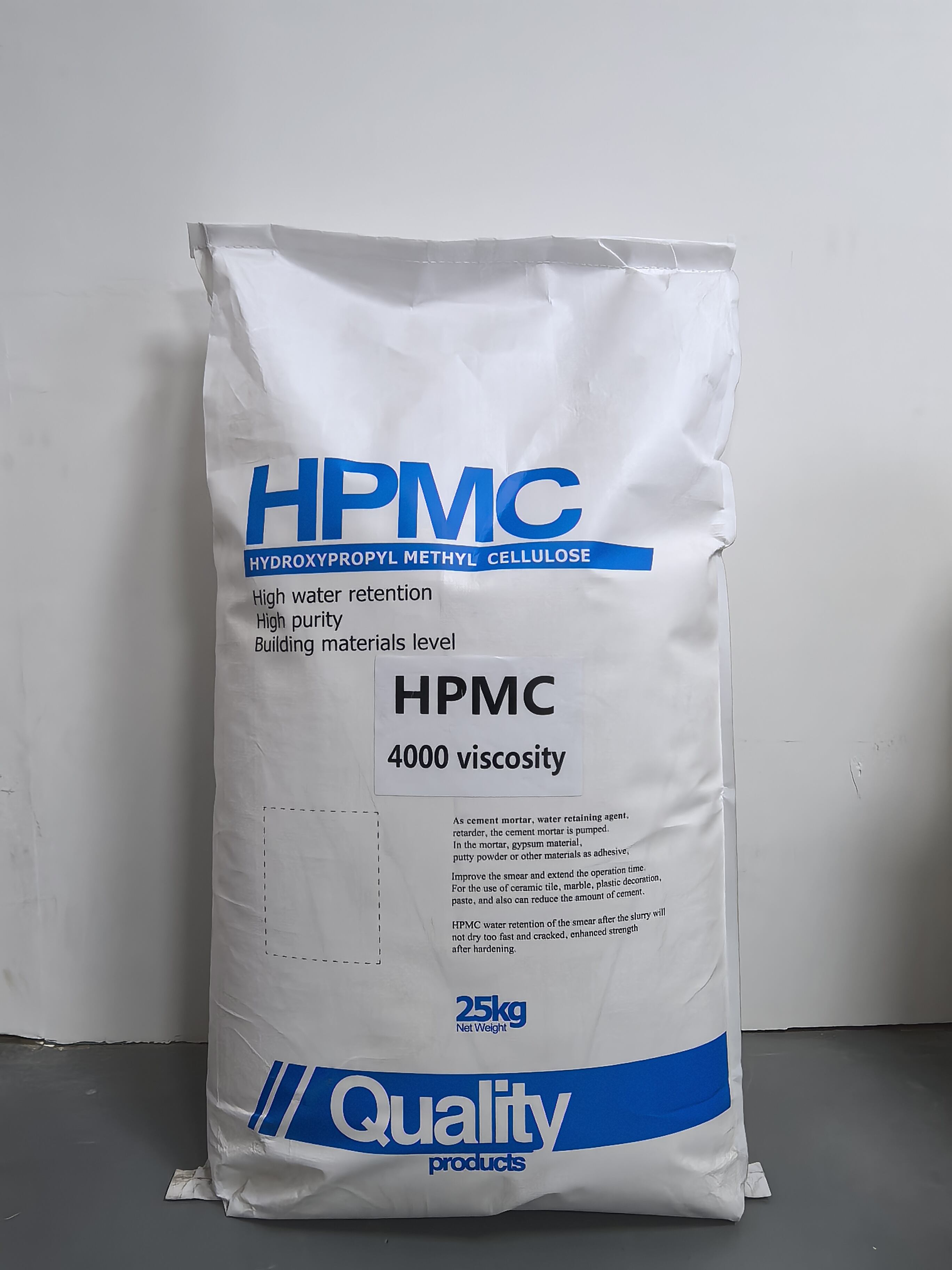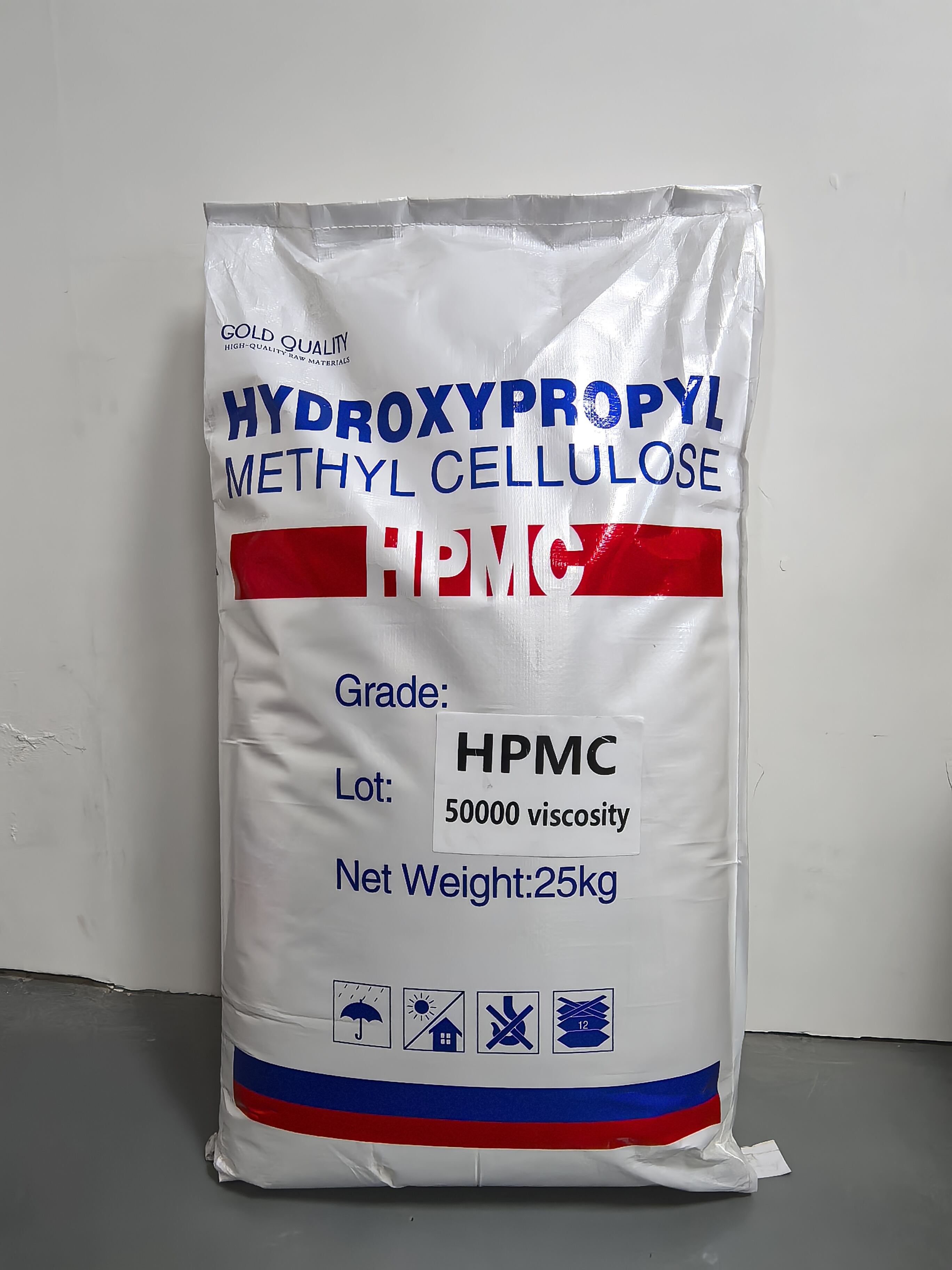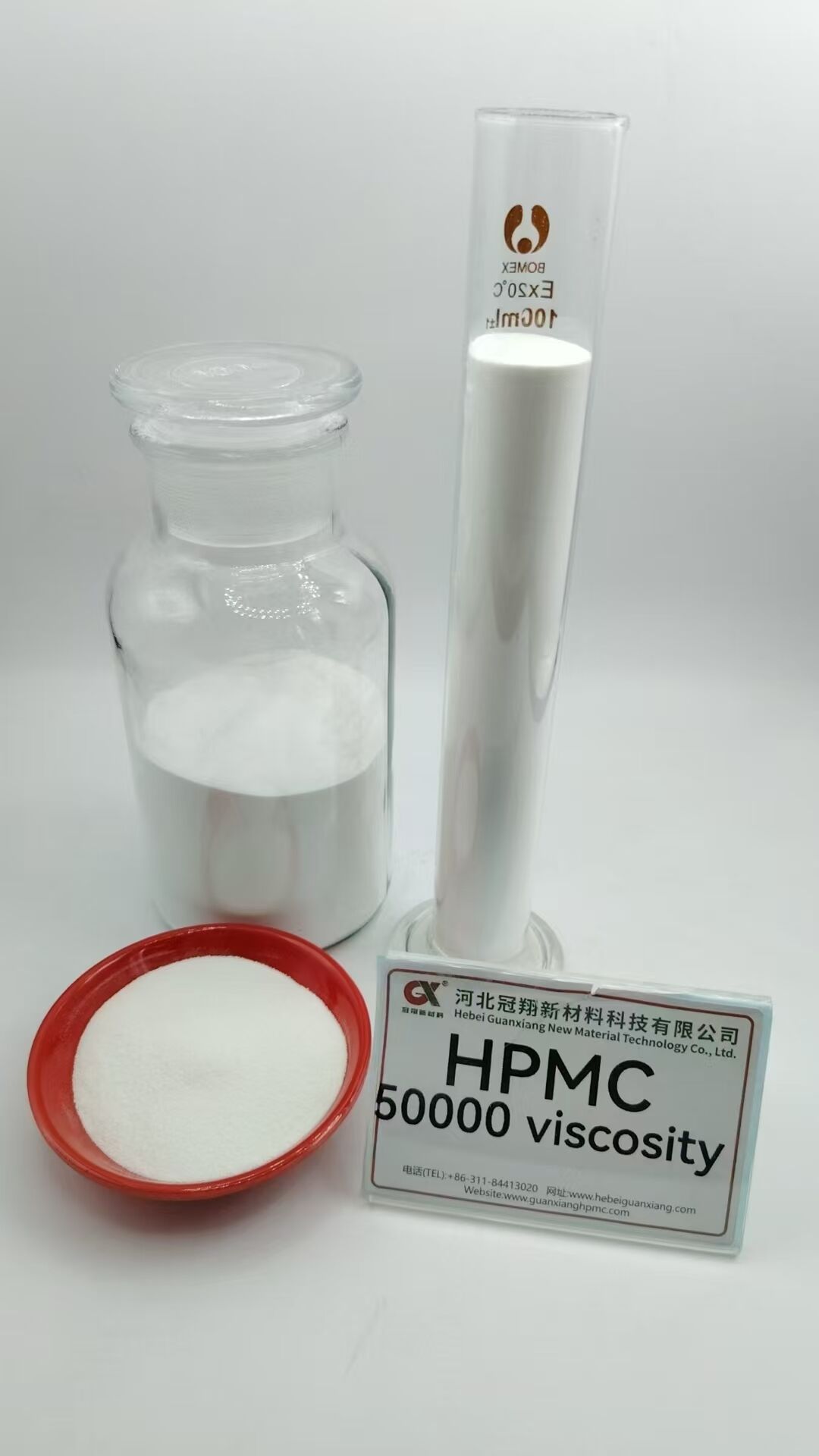uses of hpmc manufacturer
HPMC manufacturers play a crucial role in producing hydroxypropyl methylcellulose, a versatile polymer widely used across various industries. These manufacturers employ advanced production techniques to create HPMC products that serve as essential components in construction materials, pharmaceuticals, and food products. The manufacturing process involves careful control of temperature, pressure, and chemical reactions to ensure consistent product quality. Modern HPMC manufacturers utilize automated production lines equipped with precision instruments to monitor and adjust processing parameters. They implement strict quality control measures throughout the production cycle, from raw material selection to final product testing. These facilities often feature specialized equipment for different grades of HPMC, capable of producing variants with specific viscosity levels and substitution patterns. The manufacturing process includes multiple stages: purification of raw materials, chemical modification of cellulose, and careful drying and milling to achieve the desired particle size distribution. Advanced manufacturers also incorporate environmental management systems to minimize waste and ensure sustainable production practices. They maintain research and development departments to continuously improve product quality and develop new applications.


